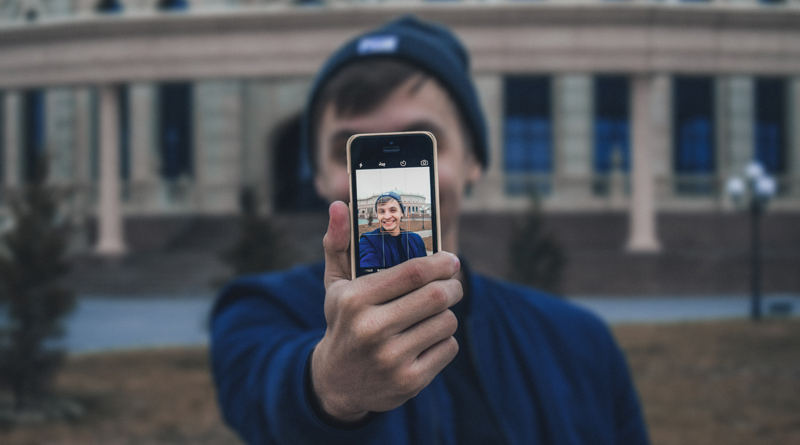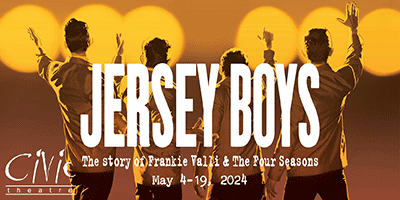PHONE ‘SILENCE IS GOLDEN’

“Silence is golden” is a proverbial saying often used in circumstances where it is thought that saying nothing is preferable to speaking. That proverb could apply today for many cell-phone users.
When it comes to communicating with one another face to face, we quickly seem to be losing the ability to talk to each other unless it involves some sort of electronic device.
Recently, instead of banking online, using an ATM machine or going to a drive-up window I actually went inside the bank. Upon entering the lobby, there was just one other person approaching the three tellers on duty. All seemed most anxious to wait on us. Not only did the teller I selected greet me with a warm “hello,” she also asked me how my weekend had gone and if I had done anything exciting. After completing my transactions, we talked for several minutes more about this and that. Then she extended a very sincere wish for me to have “a wonderful day!”
Now I know the tellers are trained to be courteous and talkative, but she seemed sincere and genuinely interested in what I had to say. I thought, “How unusual to have a meaningful, person-to-person conversation with a virtual stranger.” Hopefully, the next time I go inside the bank we’ll recognize one another and our conversation will be even more sincere because we now know each other.
As a society we’re fast becoming accustomed to seeing nearly everyone absorbed into talking on a cell phone, texting or viewing some kind of handheld device while seemingly failing to notice there are real, living people around.
For example, it’s not unusual to see two people dining together in a restaurant while one of them is absorbed in a cell-phone conversation, ignoring the person across the table.
Also, I’m sure you’ve noticed people shopping in a grocery or department store while talking on a cell phone as they push their cart aimlessly down an aisle, oblivious to others in their vicinity. You know, instinctively, when you see he or she coming at you with their head buried in a handheld screen that you had better get out of the way. They often will bump into you without the slightest hint of an apology as if you are not there.
They’re the same people, no doubt, who drive their vehicle erratically, too, because they’re absorbed in a cell-phone conversation or texting, or worse yet, having a phone argument with someone. Finally, let’s accuse those oblivious handheld device users of being the same ones who fail to turn off their annoying electronic gadgets at a concert, lecture or even in church.
“Technology has drawn us into our interconnected webs, in the office, on the street, on the park bench, to the point we exist virtually everywhere except in the physical world,” writes Washington Post Columnist Adrian Higgins. This retreat from the natural world is most evident in the young, but it is not confined to just one generation. The ubiquity of the computer is changing the very essence of interaction between humans.
Studies have shown people are spending more time using screen media, including television, than anything else they’re doing in life – as much as 8.5 hours a day. Recall the news reports of the two airline pilots who flew their passenger jet 150 miles past their destination because both were distracted by their laptop computers. We are fast becoming digital zombies, relying on a two-dimensional world for the infrastructure of our lives.
“If every computer were to crash tomorrow, it would be catastrophic. Millions or billions of people would die,” says Katherine Hayles, author of How We Became Posthuman. “From Thoreau on, we have had this dream we can withdraw from our technologies and live closer to the natural world, and yet that’s not the cultural trajectory that we have followed,” she adds.
The widespread acceptance of public phoning, texting, surfing and tweeting on mobile devices has changed our lives so that we exist in a duality of the physical and electronic worlds, reports Adriana de Souza e Silva, assistant professor of communication at North Carolina State University. “What we are witnessing now is a different kind of public space composed of people who are physically there (but talking to) people who are remote,” she says.
The difficulty, argues Robert Harrison, a professor of Italian literature at Stanford University, is that we are losing something profoundly human, the capacity to connect deeply to our environments.
As I see it, the real problem relates to finding silence – the relative or total lack of audible sound, something that is becoming scarce while we live in “Two Different Worlds,” as the 1956 song suggests. But whether it’s to meditate, read, have a meaningful conversation with family, friend, stranger or just sit and think – “perchance to dream” – it requires some electronic silence. Don’t miss those “golden” opportunities.
- April Is The 4th Month Of The Year… We Think - April 12, 2024
- ‘Time Will Tell’ - March 1, 2024
- ‘I Cannot Tell A Lie’ - February 16, 2024


